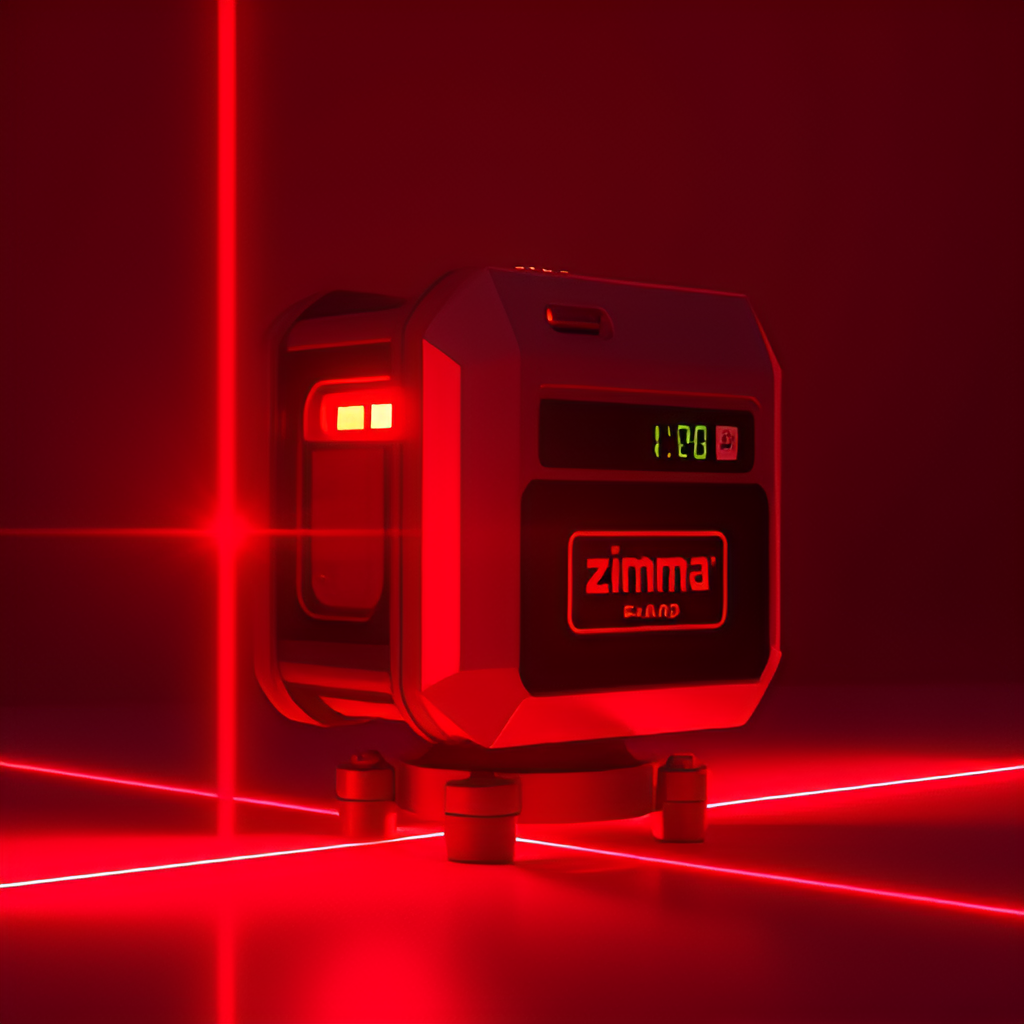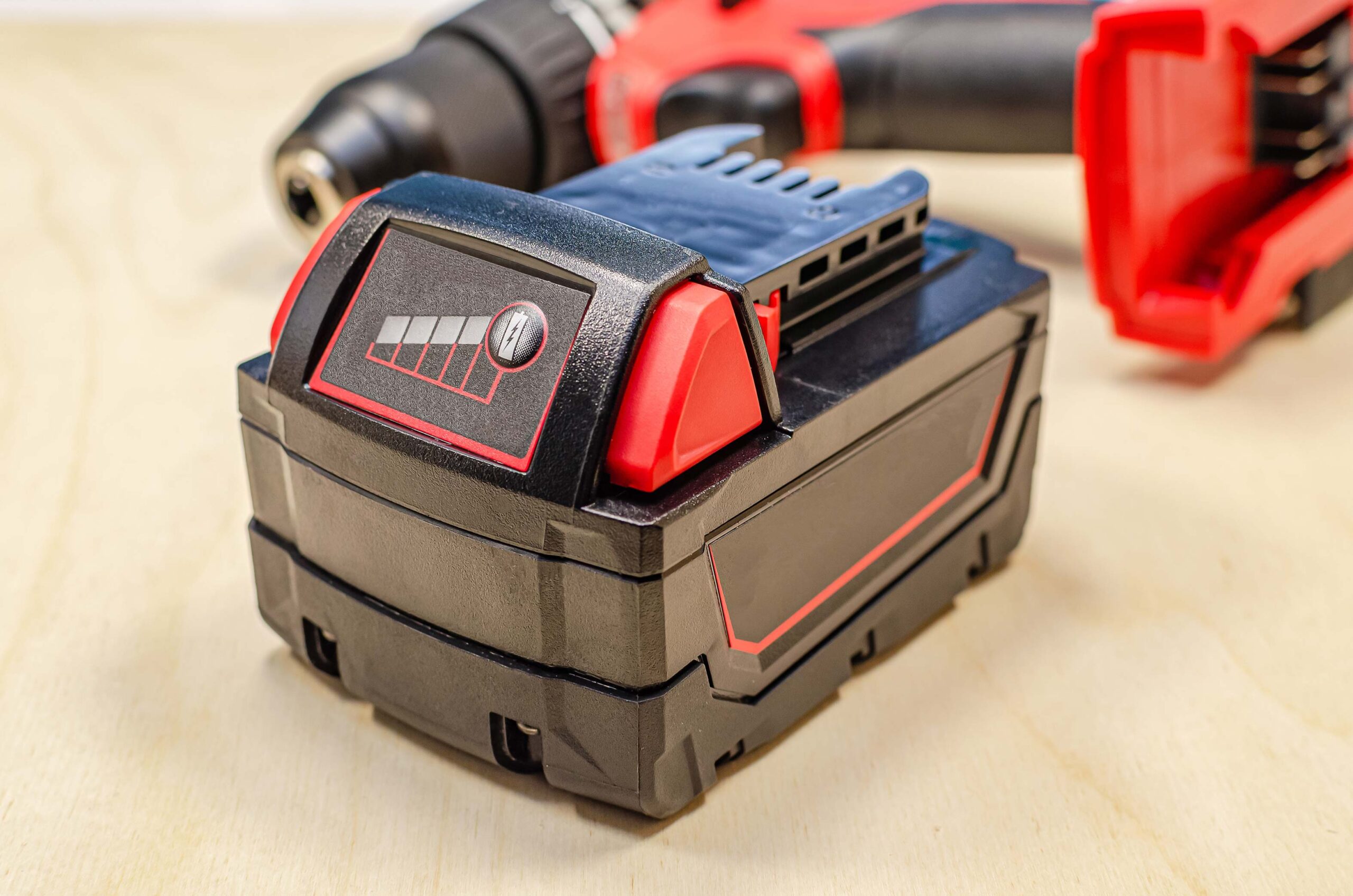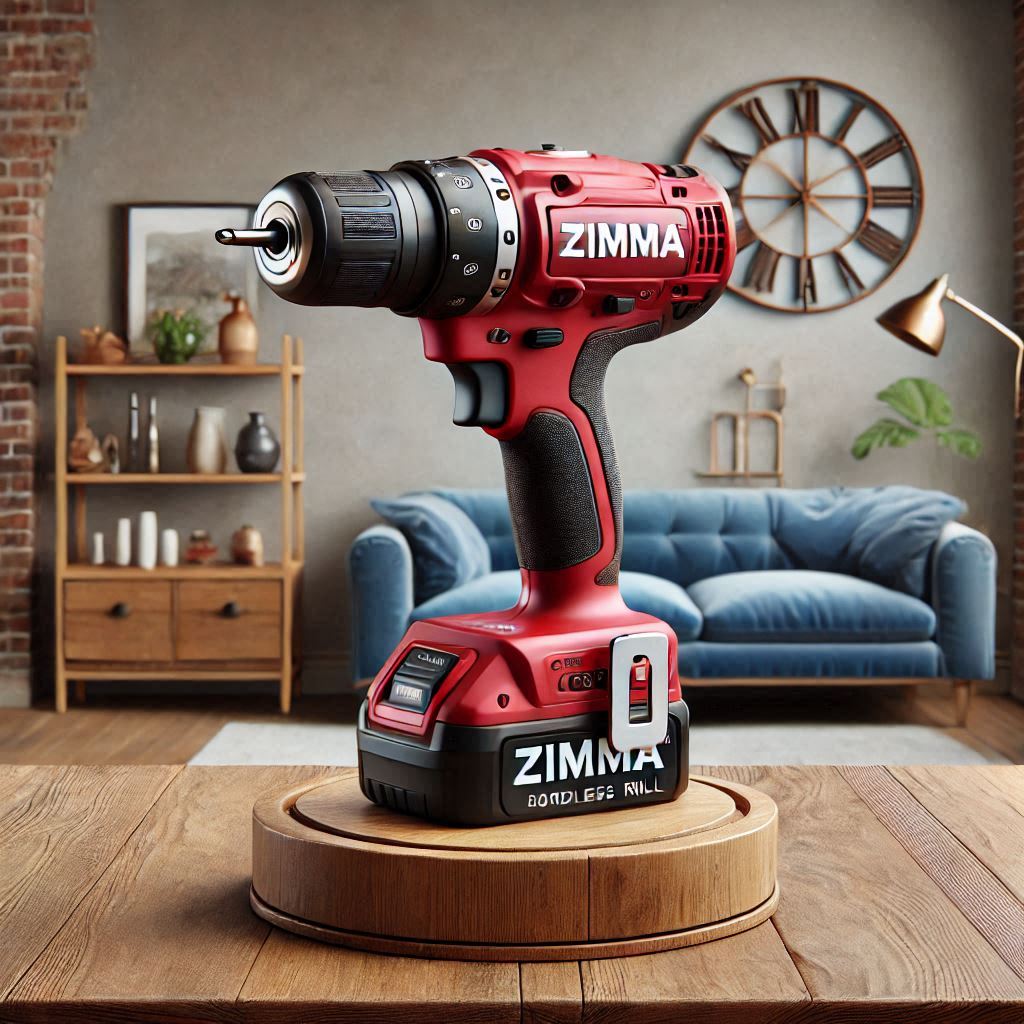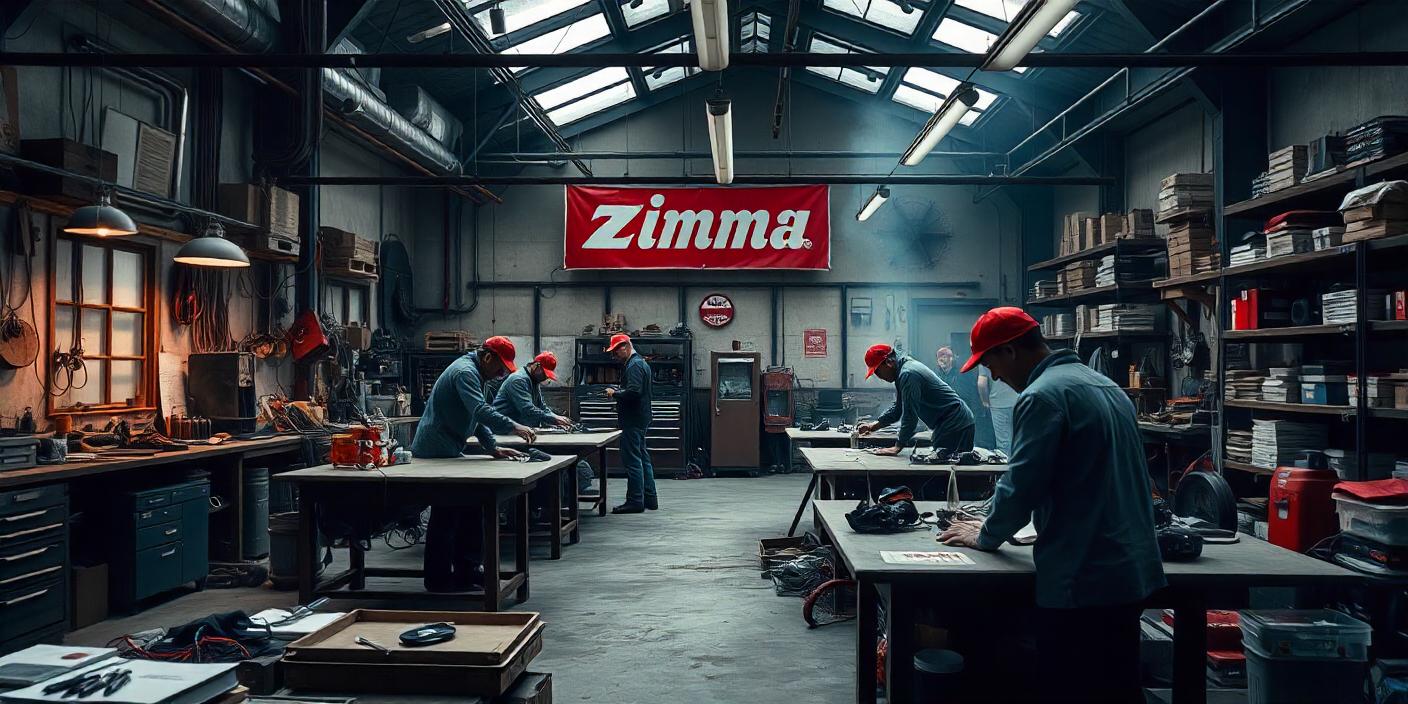
Guide to Buying a Laser Level
Laser levels are essential tools for both professionals and DIY enthusiasts. They provide precise measurements and help ensure accuracy in various projects, from construction to home improvement. Here’s a comprehensive guide to help you choose the right laser level for your needs.
1. Understand the Types of Laser Levels
a. Line Laser Levels
- Description: Projects a straight line along a surface.
- Best For: Hanging pictures, installing shelves, and aligning objects.
b. Rotary Laser Levels
- Description: Spins a laser beam 360 degrees, creating a horizontal or vertical plane.
- Best For: Large outdoor projects, grading, and layout work.
c. Dot Laser Levels
- Description: Projects laser dots on surfaces.
- Best For: Simple alignment tasks and transferring points.
2. Consider the Accuracy and Range
- Accuracy: Look for a laser level with an accuracy of ±1/8 inch at 30 feet for general use. For more precise work, consider levels with higher accuracy.
- Range: Depending on your project, choose a laser level with an appropriate range. Line lasers typically have shorter ranges, while rotary lasers can cover larger distances.
3. Check the Features
a. Self-Leveling
- Description: Automatically adjusts to ensure the laser line is level.
- Benefit: Saves time and increases accuracy.
b. Visibility
- Color: Red lasers are standard, but green lasers are more visible in bright conditions.
- Brightness: Ensure the laser is bright enough for your working environment.
c. Durability
- Look for models that are weather-resistant and have sturdy housing, especially for outdoor use.
4. Power Source
- Battery Life: Consider the power source and battery life. Rechargeable batteries can be more convenient for frequent use.
- AC Power: Some models can be plugged in, which is beneficial for long-term projects.
5. Budget
- Entry-Level: Basic line lasers can start at $30.
- Mid-Range: More advanced models with additional features usually range from $100 to $300.
- Professional: High-end rotary lasers can cost $500 and above.
6. Brand Reputation and Reviews
- Research reputable brands known for quality and reliability.
- Read customer reviews to gauge performance and durability.
7. Accessories and Additional Tools
- Tripods: A stable tripod can enhance accuracy.
- Receiver: Useful for outdoor projects where the laser line is hard to see.
- Carrying Case: Helps protect your investment during transport.
Conclusion
Choosing the right laser level can significantly impact the success of your projects. By understanding the different types, features, and considerations, you can make an informed decision that meets your specific needs. Happy leveling!





